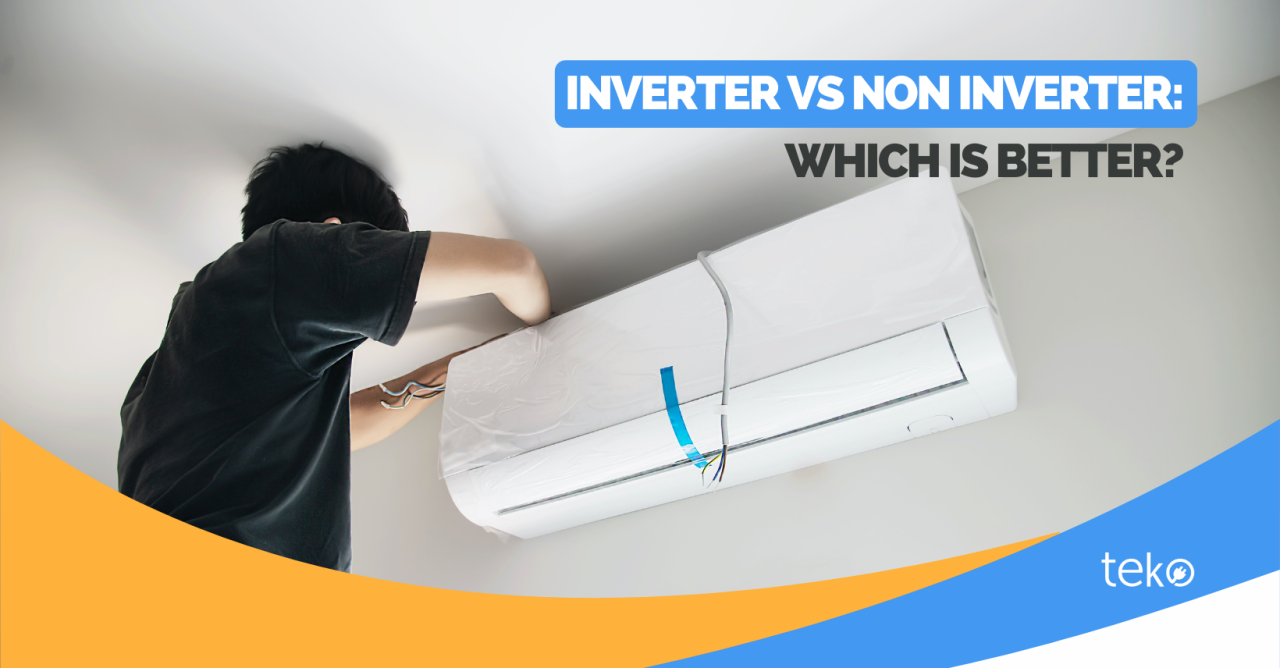How to Choose Business Insurance for Renovation Contractors: A Comprehensive Guide
Exploring the intricacies of selecting business insurance for renovation contractors, this introduction sets the stage for a detailed discussion on the crucial aspects to consider. From understanding the importance of insurance coverage to navigating the different types available, this guide aims to equip contractors with the knowledge needed to make informed decisions for their business.
Importance of Business Insurance for Renovation Contractors

Business insurance is crucial for renovation contractors as it provides protection against various risks that can arise during renovation projects. By having the right insurance coverage in place, contractors can safeguard their business, assets, and reputation.
Examples of Potential Risks Covered by Business Insurance
- Property damage: Insurance can cover the costs associated with accidental damage to the property being renovated.
- Third-party injuries: In case a third party, such as a client or visitor, gets injured on the renovation site, insurance can help cover medical expenses and legal fees.
- Worker injuries: If a worker sustains an injury while working on a renovation project, insurance can provide coverage for medical expenses and lost wages.
Benefits of Having Insurance for Renovation Contractors
- Protection of assets: Insurance helps protect the business assets, equipment, and tools used in renovation projects.
- Legal compliance: Many states require renovation contractors to have certain types of insurance to operate legally. Having insurance ensures compliance with these regulations.
- Peace of mind: With insurance coverage in place, contractors can focus on their work without worrying about the financial implications of unforeseen events.
Types of Insurance Coverage
When it comes to insurance coverage for renovation contractors, there are several types of policies to consider. Each type serves a specific purpose and provides protection in different scenarios.
General Liability Insurance
General liability insurance is essential for renovation contractors as it provides coverage for third-party bodily injury, property damage, and advertising injury. This type of insurance protects contractors in case a client or third party suffers an injury or property damage due to the contractor's work.
Workers’ Compensation
Workers' compensation insurance is crucial for renovation contractors who have employees. This type of insurance provides coverage for medical expenses and lost wages for employees who are injured on the job. It is mandatory in most states to have workers' compensation insurance if you have employees.
Property Insurance
Property insurance protects renovation contractors' equipment, tools, and property from damage or theft. This type of insurance is important for contractors who own valuable equipment and tools that are essential for their work.
Professional Liability Insurance
Professional liability insurance, also known as errors and omissions insurance, provides coverage for claims of negligence or inadequate work. This type of insurance is crucial for renovation contractors who want protection against lawsuits related to their professional services.In real-life scenarios, general liability insurance would come into play if a client trips over construction materials on a job site and gets injured.
Workers' compensation insurance would be needed if an employee falls off a ladder and injures themselves while working. Property insurance would be essential if a contractor's tools are stolen from a job site. Lastly, professional liability insurance would be necessary if a client sues a contractor for a mistake in the renovation project.
Factors to Consider When Choosing Business Insurance

When it comes to choosing business insurance for renovation contractors, there are several important factors to keep in mind to ensure adequate coverage and protection for your business.
Assessing Scope of Work, Business Size, Location, and Number of Employees
- Consider the scope of work your renovation business undertakes, as this will impact the type and amount of insurance coverage needed.
- Evaluate the size of your business, its location, and the number of employees to determine the level of risk and coverage required.
Evaluating Financial Stability and Reputation of Insurance Providers
- Research and assess the financial stability and reputation of insurance providers to ensure they can meet their obligations in case of a claim.
- Look for reviews and ratings from other contractors or businesses to gauge the quality of service and support provided by the insurance company.
Customizing Insurance Coverage to Suit Unique Business Needs
- Work with an insurance agent or broker to customize your insurance coverage based on the specific risks and requirements of your renovation business.
- Consider adding endorsements or riders to your policy to address unique risks that may not be covered by standard insurance packages.
Cost Considerations and Budgeting

When it comes to insurance costs for renovation contractors, understanding how premiums are calculated is essential. Insurance companies consider various factors such as the size of the contractor's business, the scope of projects undertaken, the location of operations, and previous claims history when determining the premium.
Effective Budgeting Strategies
- Assess Your Insurance Needs: Before budgeting for insurance costs, evaluate the specific risks associated with your renovation business. This will help you determine the type and amount of coverage required.
- Compare Multiple Quotes: Obtain quotes from different insurance providers to compare premiums and coverage options. This allows you to choose a policy that offers adequate coverage at a competitive price.
- Consider Deductibles: Opting for higher deductibles can lower your insurance premiums. However, ensure that you can afford to pay the deductible in case of a claim.
- Implement Risk Management Practices: By minimizing risks in your business operations, such as ensuring safety protocols are followed and maintaining proper documentation, you can potentially reduce the likelihood of claims and lower insurance costs.
Reducing Insurance Costs
- Bundling Policies: Some insurance companies offer discounts for bundling multiple policies, such as general liability and property insurance. This can result in cost savings for renovation contractors.
- Review Coverage Annually: Regularly reassess your insurance needs and coverage limits to ensure you are not overinsured. Adjusting coverage based on changes in your business can help optimize costs.
- Seek Professional Advice: Consulting with an insurance broker or agent specializing in construction insurance can help you navigate the complexities of insurance policies and find cost-effective solutions.
Long-Term Financial Benefits
Investing in comprehensive insurance coverage may seem like a significant expense initially, but it offers long-term financial benefits. By protecting your business from unexpected events, such as property damage, lawsuits, or injuries, insurance coverage can safeguard your assets and reputation.
In the event of a claim, having adequate insurance can prevent financial devastation and ensure the continuity of your renovation business.
Outcome Summary
In conclusion, choosing the right business insurance for renovation contractors is not just a matter of compliance but a strategic investment in protecting assets and ensuring financial stability. By carefully assessing insurance needs, considering key factors, and budgeting effectively, contractors can safeguard their business against unforeseen risks and thrive in a competitive market.
Top FAQs
What are the key risks that business insurance can cover for renovation contractors?
Business insurance can cover risks such as property damage, bodily injury, legal liabilities, and worker injuries on the job.
How can renovation contractors customize their insurance coverage?
Renovation contractors can customize their coverage by assessing their specific business needs, such as the scope of work, number of employees, and location, to tailor insurance to their requirements.
What factors should renovation contractors consider when evaluating insurance providers?
Renovation contractors should consider the financial stability, reputation, coverage options, and customer service of insurance providers before making a decision.




